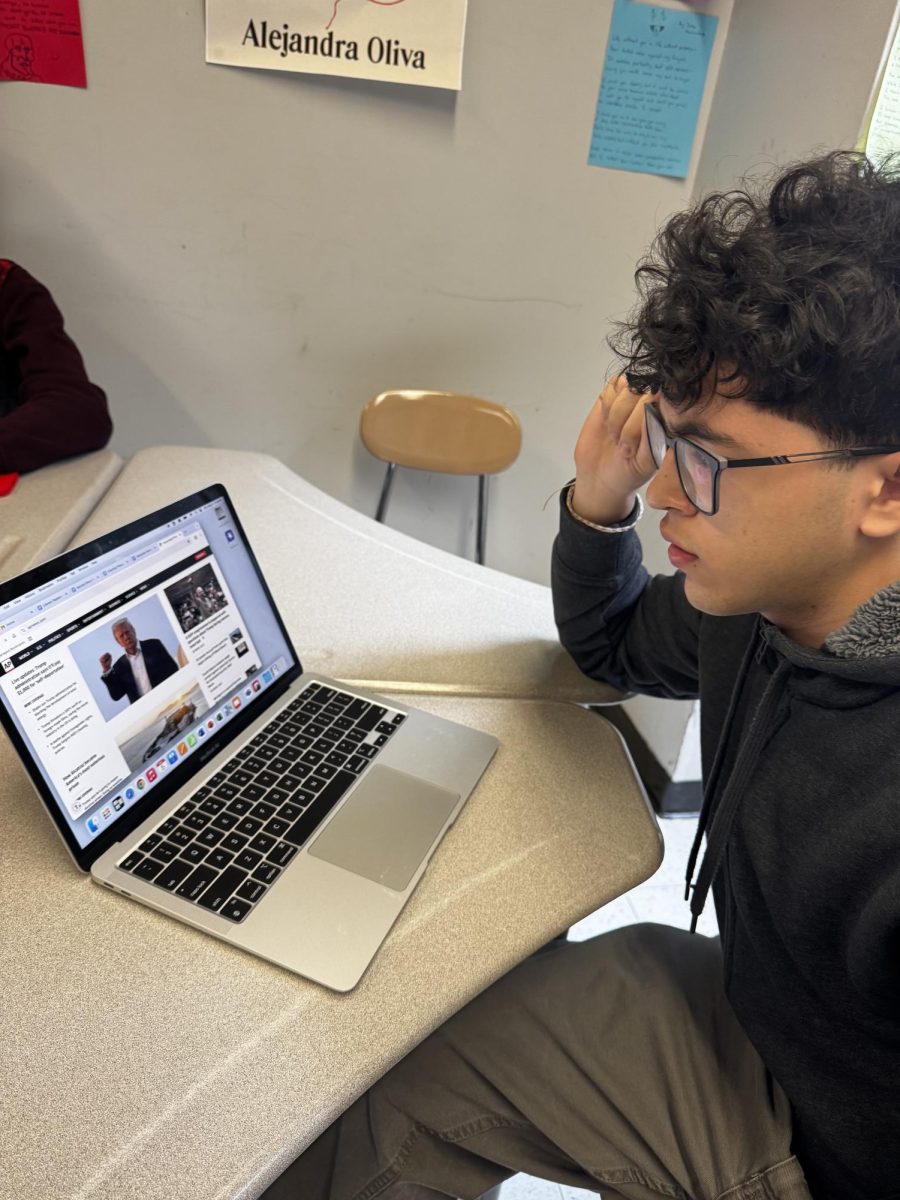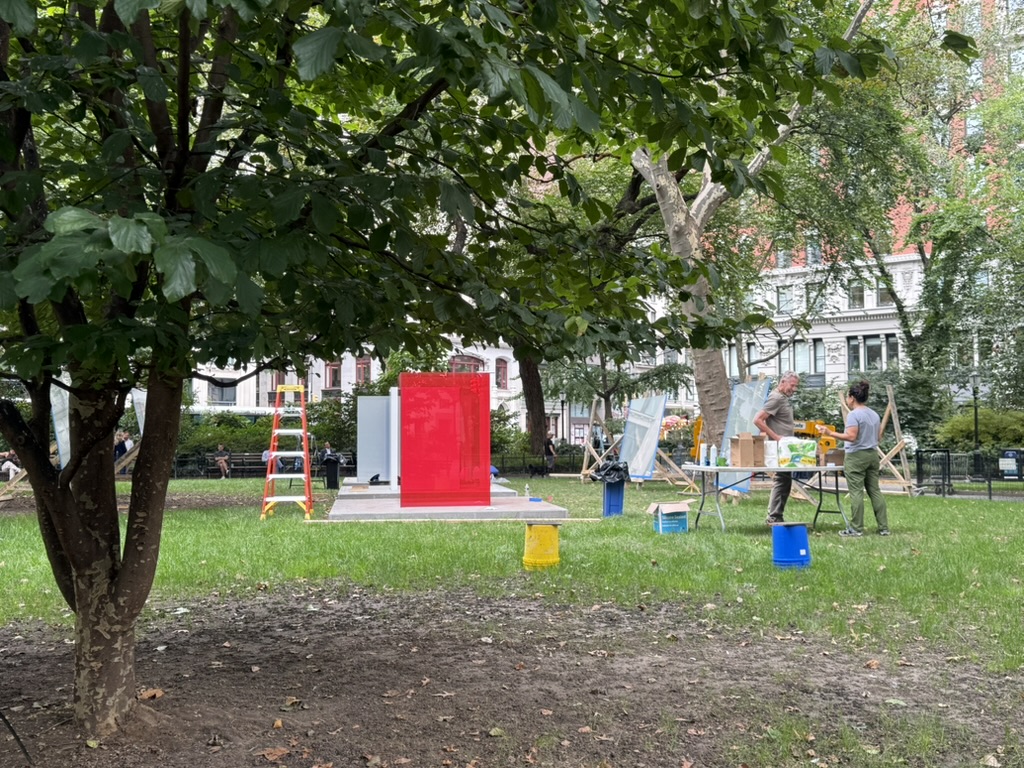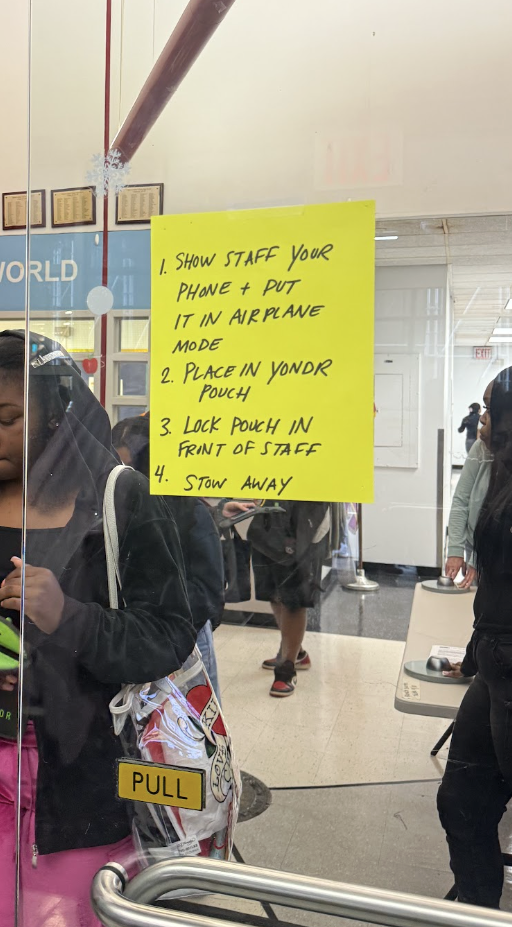As the class of 2025 enters their senior year, students wait in anticipation for their senior trip, prom and graduation day; yet, the ever-looming presence of the notorious ‘senioritis’ plagues the hallways. It slowly creeps up on you, school days start feeling longer and more strenuous, hiding in hallways during class seems more enticing, and at one point, going to school starts to feel optional. This phenomenon is coined as senioritis.
Senioritis, as defined by Oxford Languages, is a “supposed affliction of students in their final year of high school or college, characterized by a decline in motivation or performance.”
Students often refute the idea that they will fall victim to senioritis, but it hits hard and fast with underclassmen experiencing it even before they enter their senior year.
“Dare I say I had a bad case [of senioritis] in sophomore year,” said current senior Darragh Boyle. “But I think it will mostly affect me in the second semester of school.”
Senioritis is almost inevitable, but there are a few steps to take in order to minimize the effects of it.
Stay Organized
Looking at an empty page for days on end while working on college supplements can be tempting, but it certainly is not smart. Staying on top of assignments, deadlines and upcoming events can help to prevent feelings of being overwhelmed. Building up what seems like stacks and stacks of work will only cause more panic and anxiety. “Events and just assignments you seem a lot bigger when they’re just scrambled up in your head so writing them down and having a plan of attack is just super helpful,” said senior and school president Marilyn O’Day.
Using a planner, calendar, or having a to-do list to keep everything in order are just a few ways to organize tasks and reduce stress that comes with last-minute cramming.
Set Goals
Setting specific, achievable goals is another key strategy. Breaking down large tasks into smaller, more manageable steps and setting deadlines for each one helps make overwhelming projects seem less daunting—and nothing is more satisfying than checking off things in your previously mentioned to-do lists.
Reward Yourself
Making time for what you enjoy is crucial to staying motivated. Whether it be starting a new hobby, taking a break, or binge watching Love Island, rewarding oneself is necessary to boost spirits and prevent feeling burnt out.
Surround Yourself with Positive Influences
The people you surround yourself with can have a significant impact on your motivation and mindset. Spending time with friends who are equally driven can encourage you to stay focused and push through the moments when senioritis begins to creep in. “Seeing my friends work hard makes me feel as if I should too,” said senior Michelle Zheng.
Remember Your End Goal
Finally, it’s important to keep the bigger picture in mind. Remind yourself what you’ve been working so hard for in the past few years. Whether it be getting into your dream college, landing a great job, or simply getting your diploma, keeping your end goal in sight can help to push you through that final stretch.
Nicole Epstein, one of Baruch’s many counselors and college advisors—who all Baruchians can reach out to—explains that everyone will experience burnout. It’s a part of being human and it’ll even follow you to adulthood, but it’s best to not succumb to it. Instead, Epstein says, “This is a time to think about what you can do to help combat these feelings. You can’t let a short-term feeling of burnout take over and consume you to a point that it impacts your long-term plans.”














